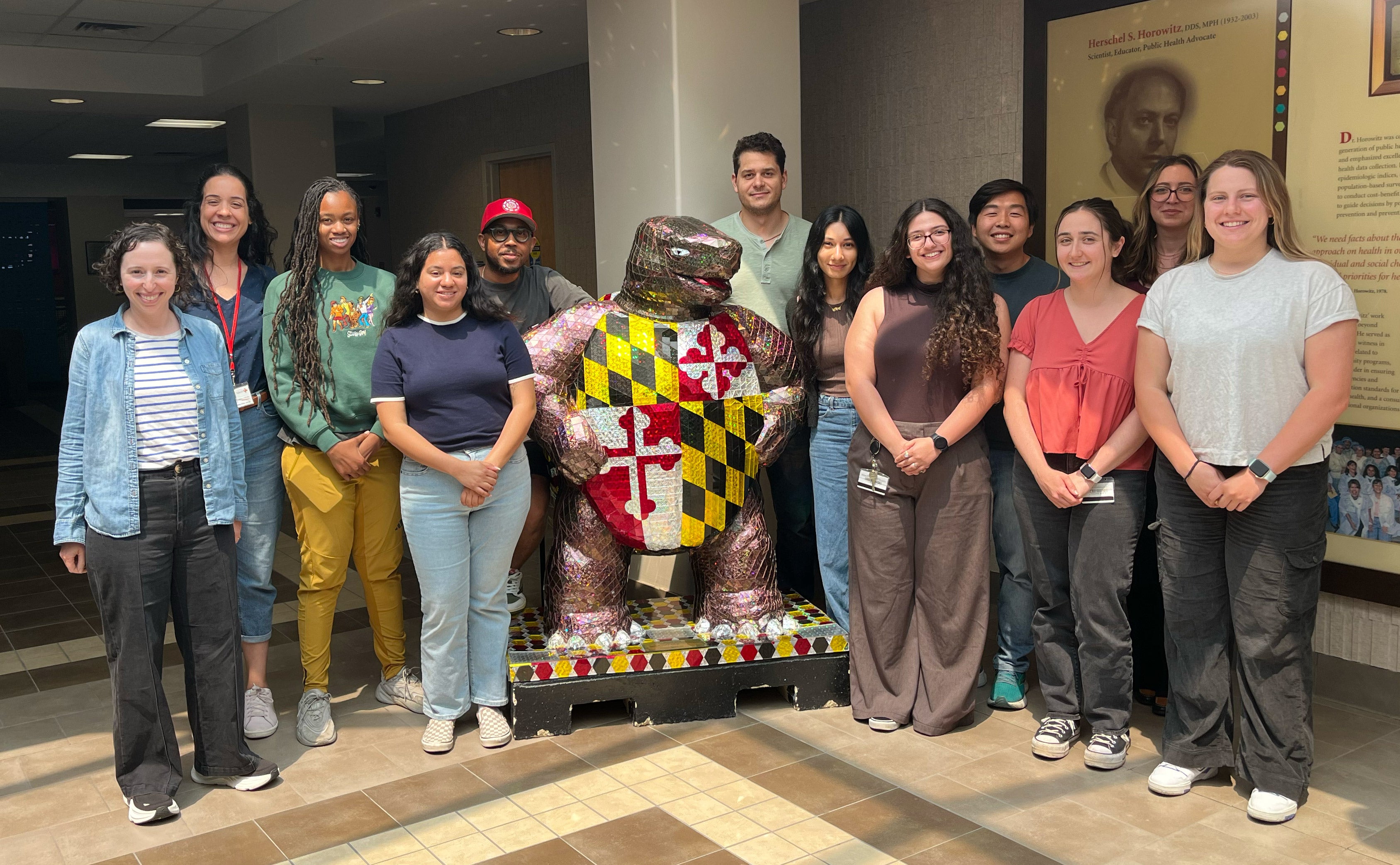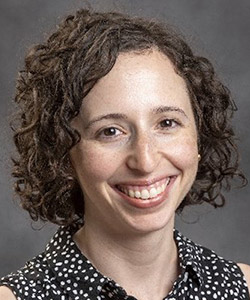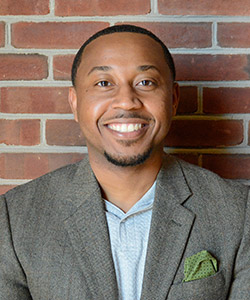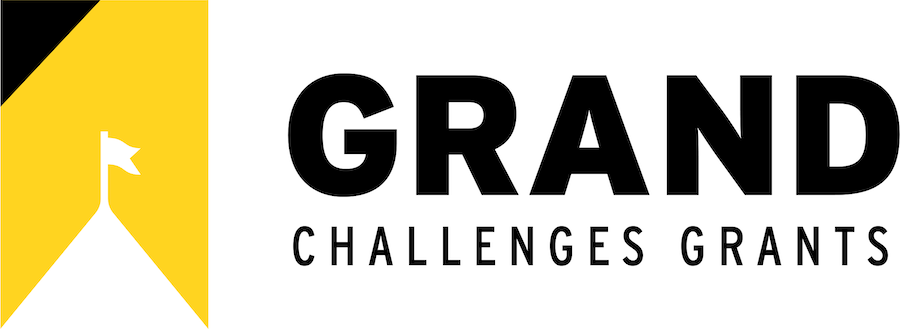Grand Challenges: Water Emergency Team
Community-Driven Rapid Response to Sanitary Sewer Overflows, Household Backups, and Environmental Contamination
Grant Type: Team Project Grant
Topics: Water, Social Justice, Health, Climate Change
Colleges Represented: SPHL, ARCH
Potomac Sewage Spill Becomes Ecological Disaster and Political Fight (New York Times)
February 17, 2026
University of Maryland Hosts Maryland Community Leaders to Strengthen Climate Resilience
February 5, 2026
How Sewage Overflow Near Clara Barton Parkway Could Affect Local Environment (NBC News TV-4)
January 21, 2026
Water Emergency Team Advances Research and Community Outreach
September 30, 2024
Stormwater Hits D.C.’s Poorest Neighborhoods Hardest, UMD Study Finds
June 3, 2024
Priscila Alves Presents at Community Forum, Environmental Justice and You: Stormwater Management at the Mount Rainier Nature Center for Her Talk Titled “Connections Between Environmental Justice, Climate Resilience, and Stormwater Management”
October 7, 2023
Rachel Goldstein Receives $1.3M NIH New Innovator Award to Support WET Project
October 3, 2023
Rachel Goldstein and Priscila Alves Present at the American Water Resources Association (AWRA) 2023 National Capital Region Water Resources Symposium
April 14, 2023
Events: Where is WET Now?:
2025:
- Saturday, April 12th, 2025
Bowie Green Expo - Saturday, April 26th, 2025
Montgomery County Greenfest 2025 - Saturday, April 26th, 2025
Maryland Day 2025, University of Maryland, from 1-3pm - Saturday, October 25th, 2025, Takoma Park Trunk or Treat Event
- Saturday, November 1st, 2025: Prince George's County Climate Stewards Academy Resource Roundtable
2024:
- Tuesday, February 27, 2024
Sandtown Community Meeting - Friday, September 6, 2024
University of Maryland First Look Fair - Saturday, September 7, 2024
Hyattsville Community Health and Wellness Fair from 10 AM - 2 PM - Sunday, October 6, 2024
Montgomery County Hispanic Heritage Month Fair and Festival 2024 from 12 PM - 5 PM
2023:
- Thursday, September 7, 2023
Belair-Edison Community Association Monthly Meeting - Friday, September 8, 2023
UMD First Look Fair - Tuesday, September 12, 2023
No Boundaries Coalition Monthly Membership Meeting
5:30pm-8:00pm - Thursday, September 14, 2023
Belair Edison Back to School Night
Thursday, 4:00pm - 7:00pm - Saturday, September 16, 2023
Love Groove Music Festival
12:00pm-7:00pm - Sunday, September 17, 2023
Irvington Community Farmers Market
8:00am-2:00pm - Sunday, September 24, 2023
Irvington Community Farmers Market
8:00am-2:00pm - Saturday, October 14, 2023
NewERA Baltimore Community Day - Thursday, November 9, 2023
Black Health Equity Summit
- Antibiotic-Resistant Bacteria Detected in Homes Impacted by Sewage
- Environmental and Community-Driven Methodology to Understand and Address Risks from Sanitary Sewer Overflows and Basement Backups
- A Peek at Leaks and Basement Backups: A Pilot Survey Exploring the Impacts and Outcomes of Untreated Sewage in Homes
- Sanitary Sewer Overflows, Household Sewage Backups, and Antibiotic-resistant Bacteria: The New Frontier of Environmental Health Risks and Disasters
Summary:
Exposure to raw sewage from failing infrastructure can lead to negative health outcomes, distress, and feelings of disenfranchisement, particularly in marginalized urban communities. Sanitary sewer overflows (SSOs), the release of untreated sewage from a municipal sewer system, affect several cities around the world, with as many as 75,000 occurring each year in the United States. Baltimore experiences frequent SSOs and household basement backups due to aging and failing sewer and stormwater infrastructure. As a result, communities are persistently exposed to raw sewage, likely containing waterborne pathogens and possibly antibiotic-resistant (AR) bacteria.  While AR bacteria have been identified in wastewater at wastewater treatment plants, no studies have comprehensively evaluated exposure to these pathogens from SSOs or backups, nor the impact of physical damage to the home and infrastructure on communities. This project addresses these knowledge gaps by developing a community-driven rapid response Water Emergency Team (WET) to respond to SSOs and backups in underserved African American communities in Baltimore and the surrounding region. WET will complete visual household inspections, conduct residential surveys and interviews about impacts and experiences with these events, collect water and surface swab samples from impacted indoor areas, and analyze samples for AR bacteria, reporting results back to the community. WET will work directly with community organizations and neighborhood associations throughout the project, including translating research findings into an outreach program with the goal of empowering affected communities and informing local policymakers. Climate change will only continue to stress the U.S.’s crumbling infrastructure, disproportionately impacting marginalized communities exposed to raw sewage. The Water Emergency Team has the expertise, experience, and community partnerships to address these issues, bringing national attention and visibility for the university and communities alike.
While AR bacteria have been identified in wastewater at wastewater treatment plants, no studies have comprehensively evaluated exposure to these pathogens from SSOs or backups, nor the impact of physical damage to the home and infrastructure on communities. This project addresses these knowledge gaps by developing a community-driven rapid response Water Emergency Team (WET) to respond to SSOs and backups in underserved African American communities in Baltimore and the surrounding region. WET will complete visual household inspections, conduct residential surveys and interviews about impacts and experiences with these events, collect water and surface swab samples from impacted indoor areas, and analyze samples for AR bacteria, reporting results back to the community. WET will work directly with community organizations and neighborhood associations throughout the project, including translating research findings into an outreach program with the goal of empowering affected communities and informing local policymakers. Climate change will only continue to stress the U.S.’s crumbling infrastructure, disproportionately impacting marginalized communities exposed to raw sewage. The Water Emergency Team has the expertise, experience, and community partnerships to address these issues, bringing national attention and visibility for the university and communities alike.
Contact the Water Emergency Team:
- Phone Number: 301-405-9171
- Email: wet@umd.edu
Leadership Team:
 PI: Rachel Goldstein (SPHL), Assistant Professor, Department of Global, Environmental, and Occupational Health |
 PI: Marccus Hendricks (ARCH), Associate Professor, Urban Studies and Planning, Director of the SIRJ Lab |
Additional Team Members:
- Priscila B. Ramalho Alves, Lab Manager and Post-doctoral Associate of the Stormwater Infrastructure Resilience and Justice (SIRJ) Lab
- Nick An, Doctoral Student in the Environmental Health Sciences Program at the University of Maryland School of Public Health
- Brienna Anderson-Coughlin, Post-Doctoral Associate in the in the Environmental Health Sciences Program at the University of Maryland School of Public Health, Global Environmental, and Occupational Health Department (GEOH)
- Claire Barlow, Doctoral Student in the Environmental Health Sciences Program at the University of Maryland School of Public Health, Global Environmental, and Occupational Health Department (GEOH)
- Kathryn Dixon, Doctoral Student in the Environmental Health Sciences Program at the University of Maryland School of Public Health, Global Environmental, and Occupational Health Department (GEOH)
- Shachar Gazit-Rosenthal, Project Manager for the Water Emergency Team
- Maeghen Goode, Doctoral Student at the University of Maryland School of Architecture, Planning & Preservation
Sofia Santos, Community Engagement Coordinator for Prince George's County and Montgomery County
Affiliates:
- Barbara Johnson, Community Advocacy Senior Manager with Blue Water Baltimore
Alumni:
- John Junior Abu, Master's of Community Planning Student in the Stormwater Infrastructure Resilience and Justice (SIRJ) Lab
- Tim Barrows, Master's of Community Planning Student in the Stormwater Infrastructure Resilience and Justice (SIRJ) Lab
- Emmie Healey, Doctoral Sudent in the Environmental Health Sciences Program at the University of Maryland School of Public Health, Global Environmental, and Occupational Health Department (GEOH)
- Taeilorae Levell-Young, MPH Student at the University of Maryland School of Public Health, Global Environmental, and Occupational Health Department (GEOH)

